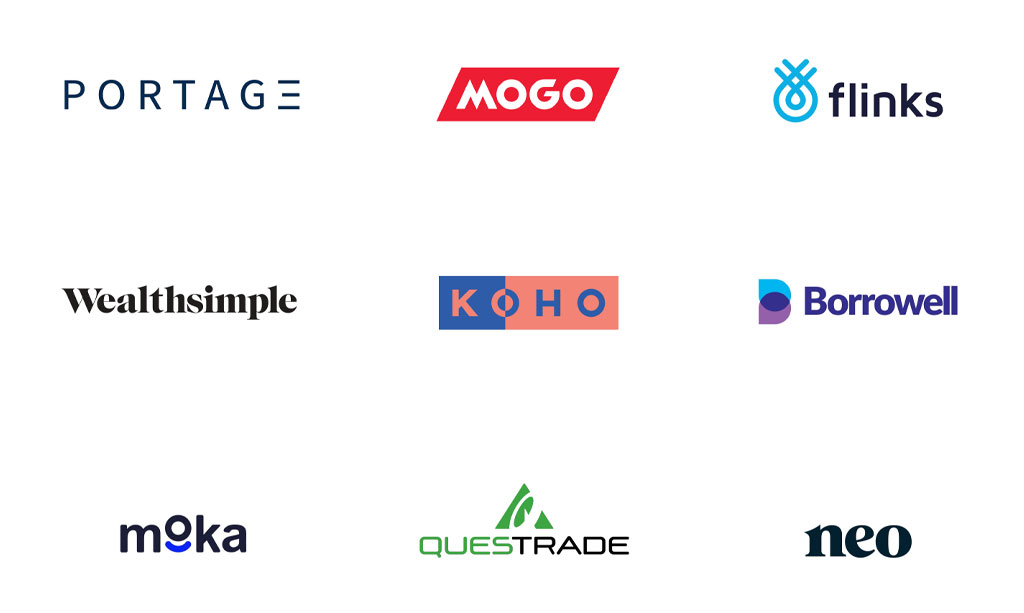In its 2018 Federal Budget, the Government of Canada created the Minister of Finance’s Advisory Committee on Open Banking. In January 2020, they recommended “that the Government announce a bold, clear and concrete timeline for delivering consumer-directed finance.”
A year later and in the middle of a crisis, we are about to discover through Budget 2021 the path our government envisions for economic recovery. Instead of a return to our pre-pandemic situation, many Canadians are looking for bold changes to tackle rising inequalities and provide a breadth of fresh air after a long, tormenting period of financial distress. To that end, it is essential for Canada to put forward an open banking framework that will assert data mobility rights for Canadians in the financial system. It represents nothing less than an era-defining opportunity to operate deep-reaching changes for a better and more inclusive financial system for all Canadians.
In essence, an open (or “consumer-directed”) banking environment is one where a customer (whether a consumer or a SME) has the ability to exercise data portability rights. In other words, they would enjoy a prerogative to request that a financial institution shares – seamlessly and conveniently, through secure dedicated digital channels – the information they hold about that customer with another organization of that customer’s choosing. Currently, in Canada, financial institutions have no clear legal obligation to facilitate data mobility for their customers, let alone any kind of direction about how to do it appropriately. This is problematic since new-generation financial services have the potential to significantly improve the financial health of Canadian consumers and SMEs, but they require proper data mobility rails to be leveraged effectively.
The worst part? Our current system disproportionately disadvantages the least privileged Canadians; those who are underbanked. They are no small group; they were estimated at about five million (roughly 15%of our population) according to ACORN Canada in 2016.
These Canadians are trapped within a negative feedback loop. Those with less than three years of credit history are basically excluded by the current legacy credit system. Because they have no other option, a lot turn to high-fee, high-anxiety services like payday lenders. Perhaps the most deplorable element is that many of these Canadians are actually creditworthy. Our homegrown Canadian fintech companies are able to fix this and could serve them through novel, cashflow-based credit risk models. SMEs are also being left behind in the same way. Access to capital and accounting are vital for them, yet they can’t easily access the cutting-edge innovation that’s out there to assist them with it. The lack of data portability rights in our country means that such offerings are out of reach for underprivileged Canadians and SMEs.
A customer-driven open banking system is the way forward to right some of these wrongs and to bridge the gap between our current financial system and the less fortunate Canadians desperately trying to get by.
What’s more, Canada is already late when it comes to regulating open banking. Our closest allies like the United Kingdom, the European Union, Australia, New Zealand have all moved forward, some of them years ago. All of these jurisdictions are currently at an advantage against us in developing consumer-centric financial systems and breeding the innovators that drive it forward. The only other G7 country who has not yet regulated open banking is the US, whose financial system can’t be hailed for its stability, to say the least. And make no mistake, open banking is already here. One in five Canadians are using open banking services today; it is simply unregulated and under-tapped.
As aforementioned, we need open banking to make sure all Canadians have access to the best financial options available, to equip our SME owners for success in these difficult times, and to maintain Canada’s competitiveness on the global stage. We should also be mindful that ultimately, open banking is all about giving data back to their rightful owners: the Canadian consumers and SMEs that originate it. Let’s act now to ensure we keep their data in the hands of Canadian companies.
We ask the Canadian government to make open banking a reality in Canada by creating, through Budget 2021, an arm’s length secretariat in charge of delivering such a framework. In order to uphold consumer-centricity – the cornerstone of open banking – this secretariat should be accountable to the government, vested with sufficient authority to regulate industry, and have the explicit mandate to implement consumer data mobility rights in the financial sector.
Open banking is the most powerful tool within our grasp to improve the financial well being of Canadians. Now that it’s needed more than ever, let’s not delay this initiative anymore.



